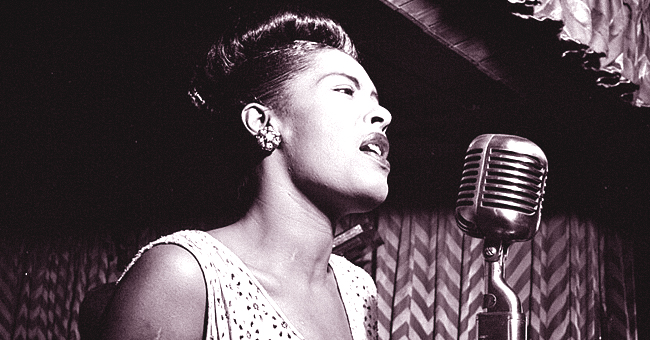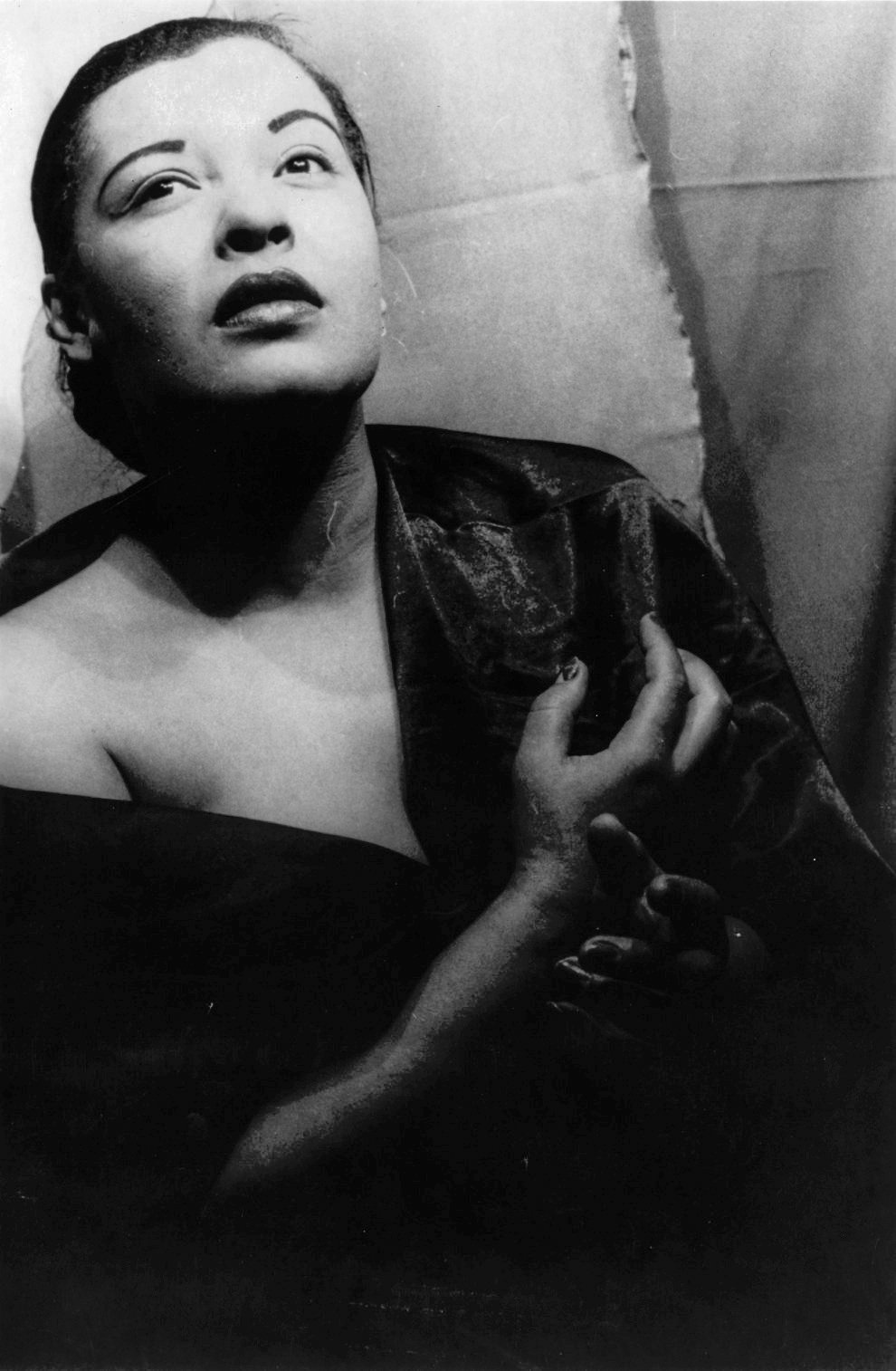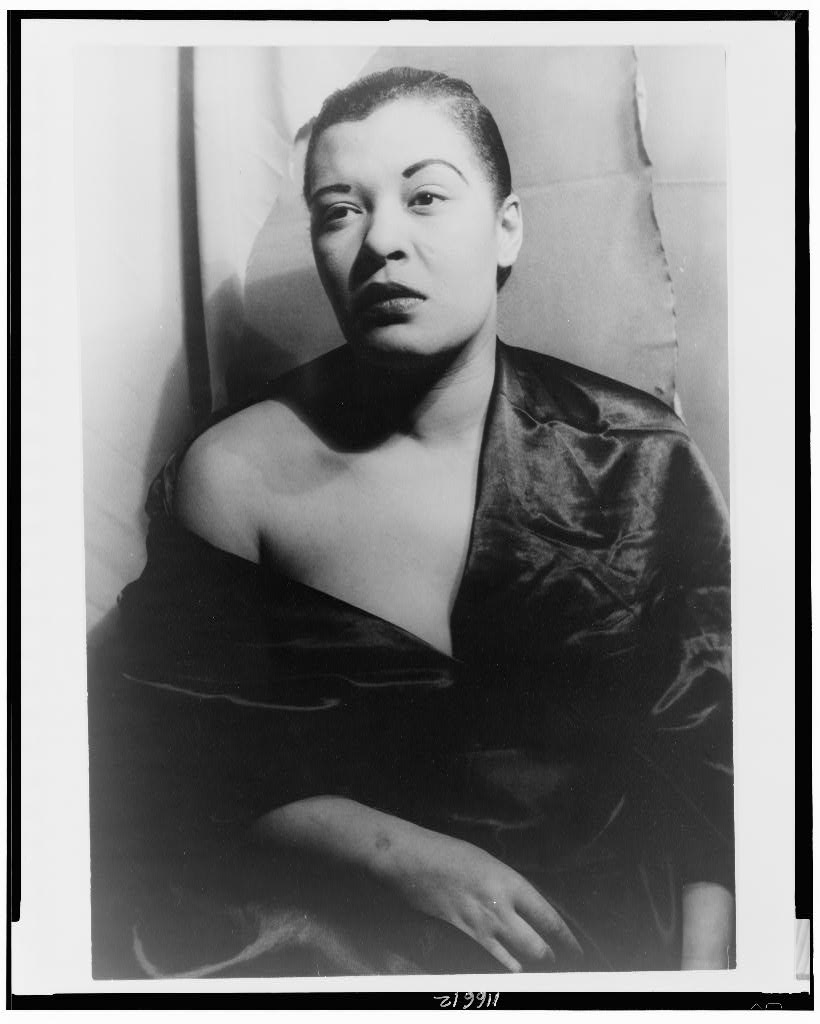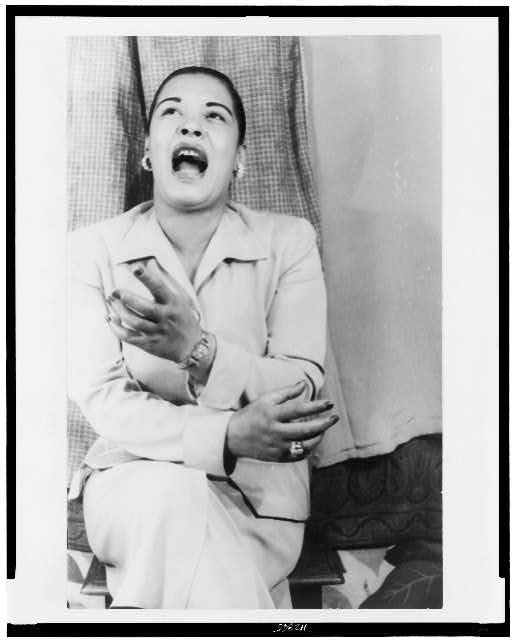
Tragic Story behind Billie Holiday's Iconic Song 'Strange Fruit'
“Strange Fruit” is not just a soulful song from an iconic artist but also a powerful reminder of a tragic past.
Released in 1939, Billie Holiday’s “Strange Fruit” is one of the most beloved songs of all time. But very few know about the tragic history behind the song.
Today, there are a lot of amazing renditions of the song available out there. But, originally, the song began as a poem written by a New Yorker named Abel Meeropol.
“Strange Fruit” as a poem is a protest against racism and the cruelty it begot in the late 1930’s.

Bilie Holiday poses for Carl Van Vechten circa 1949. | Source: Wikimedia Commons
GIVING VOICE TO A TRAGEDY
Meeropol, who was a teacher at Dewitt Clinton High School, was worried by the widespread racism and the inhumane lynching.
As a social activist, one particular photograph of a lynching disturbed him more than anything else.
After being haunted by the image for several days, Meeropol finally put his feelings into paper and gave birth to the poem, “Strange Fruit.”

Bilie Holiday poses for Carl Van Vechten circa 1949. | Source: Wikimedia Commons
Initially, the poem was published in a local teacher’s union publication. However, he also put music to his words and performed it at a New York club.
The owner of that club finally handed over the song to Billie Holiday, who decided to sing it.
THE MOURNFUL MESSAGE
Understandably, the lyrics of the song never describe the lynching that Meeropol witnessed, but the symbolism that the teacher used makes it obvious what the song is about.
“Southern trees bear a strange fruit,
Blood on the leaves and blood at the root,
Black body swinging in the Southern breeze,
Strange fruit hanging from the poplar trees.”
The initial lines of the song mention a southern tree that is filled with blood, and has a black body swinging by its branch -- a “strange fruit” hanging on the tree.
The powerful song reached among millions of music lovers across the world once Holiday gave the song her voice. However, the mournful message behind the song slowly got lost with time.
HOW HOLIDAY RELATED TO THE SONG
Meanwhile, Holiday revealed in a statement that she was moved by the song when she heard it for the first time because it reminded her of her father.
Her father passed away from a fatal lung disorder at the age of 39 because he was denied treatment at a hospital for being African American.

Bilie Holiday singing circa 1949. | Source: Wikimedia Commons
Today, the song is one of the most iconic numbers of all time with TIME magazine even naming it as the “song of the century” in 1999.
Just like “Strange Fruits,” Patsy Cline’s “Sweet Dreams” is another iconic number that has a frightening story behind it.
